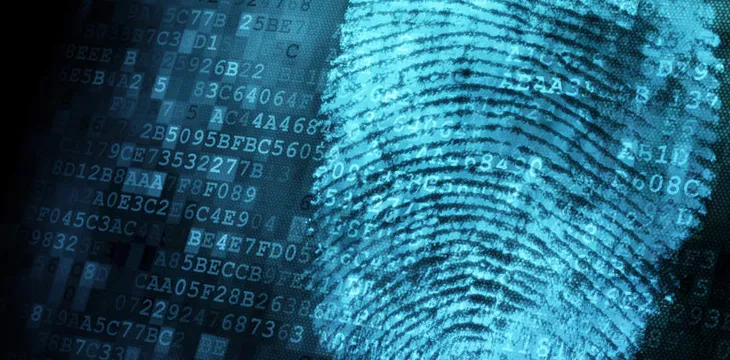|
Getting your Trinity Audio player ready...
|
Blockchain technology has massive implications for identity verification—and data control.
While anonymity can provide the much-desired veil of privacy for users, the risks of dealing with other anonymous, unidentified, and unverified entities online can make one a little bit uneasy. When it comes to identity, blockchain technology is a double-edged sword: blockchain addresses are pseudonymous, yet Blockchain technology actually has wide implications for identity verification.
Unsurprisingly, several start-ups have set up shop precisely with the goal of developing the future of digital identity management. And household name Microsoft is not falling behind.
In a press release yesterday, Alex Simons, the Director of Program Management at the Microsoft Identity Division announced that the tech giant is experimenting and incorporating Decentralized Identities with their Microsoft Authenticator app—which acts like a multisignature mechanism that provides a second layer of security for user accounts through fingerprint, facial ID, or PIN.
The capability will allow the authenticator to manage identity data and cryptographic keys without having to expose users’ data to even Microsoft themselves.
“In this design, only the ID is rooted on chain. Identity data is stored in an off-chain ID Hub (that Microsoft can’t see) encrypted using these cryptographic keys.”
“Once we have added this capability, apps and services will be able to interact with user’s data using a common messaging conduit by requesting granular consent. Initially we will support a select group of DID implementations across blockchains and we will likely add more in the future.”
Microsoft has been supporting the Identity2020 or ID2020 initiative, and has donated $1 million to the alliance, as well as resources and expertise to aid the cause.
ID2020 aims to provide a portable platform of identity verification to help people have access to services, basic rights, and protection while giving them control over their information—which Simons says is a critical thing to reclaim from the widespread apps and services that have come to acquire access to identity data over the years.
“To achieve this vision, we believe it is essential for individuals to own and control all elements of their digital identity. Rather than grant broad consent to countless apps and services, and have their identity data spread across numerous providers, individuals need a secure encrypted digital hub where they can store their identity data and easily control access to it,” Simons wrote.
“Each of us needs a digital identity we own, one which securely and privately stores all elements of our digital identity. This self-owned identity must be easy to use and give us complete control over how our identity data is accessed and used.”

 07-03-2025
07-03-2025 





